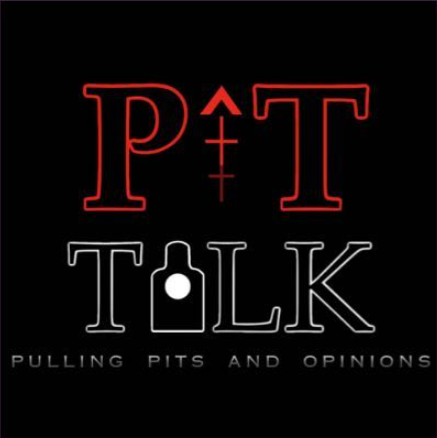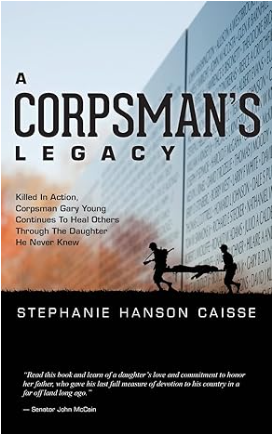Former President Jimmy Carter, who passed away today at the age of 100, leaves behind a complex legacy of military service and leadership that deeply impacted the Marine Corps. As a Naval Academy graduate and submarine officer, Carter brought a unique perspective to his role as Commander in Chief – one that would shape his decisions affecting Marines during his presidency from 1977 to 1981.
The Naval Academy Connection
Before reaching the White House, Carter’s military journey began at the United States Naval Academy, graduating in 1946. While he served in the Navy rather than the Marine Corps, his Annapolis experience gave him a profound respect for the naval services, including the Marines. This background helped inform his understanding of the challenges and needs of service members throughout his presidency.
Operation Eagle Claw: A Defining Moment
Perhaps the most significant Marine Corps-related event during Carter’s presidency was Operation Eagle Claw in 1980 – the attempted rescue of American hostages in Iran. While the mission ultimately ended in failure at Desert One, it led to crucial reforms in special operations and joint operations. Marine Corps pilots and personnel were integral to the mission, showcasing their dedication even in the face of adversity.
The lessons learned from Eagle Claw directly contributed to the creation of SOCOM and improvements in joint operations that continue to benefit Marines today. In the aftermath, Carter took full responsibility for the mission’s outcome, demonstrating the kind of leadership that resonates with Marines’ core values.
Balancing Strengths and Critiques
Carter’s legacy in relation to the Marine Corps is one of both respect and critique. While his Naval Academy background and service provided a unique understanding of the military, his presidency also faced challenges that shaped perceptions among Marines.
His decisions during the Iran Hostage Crisis, particularly the failed rescue mission of Operation Eagle Claw, are remembered as pivotal. Despite its failure, Carter’s willingness to accept full responsibility underscored his commitment to leadership, a trait deeply valued by Marines. However, some saw the operation as emblematic of broader issues during his administration, such as reduced defense budgets and perceived lack of readiness, which frustrated those who believed a stronger military posture was necessary during the Cold War.
Criticism also extended to his emphasis on diplomacy and human rights, which some viewed as prioritizing soft power over hard power. For Marines stationed in forward positions during this era, such as in the Mediterranean and Pacific, these policies highlighted the delicate balance between restraint and projection of strength.
Modernization and Readiness
During Carter’s administration, several key initiatives affected the Marine Corps:
-Support for the development of the LAV (Light Armored Vehicle) program
-Continued development of the F/A-18 Hornet program, which would become a crucial Marine Corps aviation asset
-Enhanced focus on rapid deployment capabilities, which played to the Marines’ strengths as America’s force in readiness
The Cold War and Marine Corps Posture
Carter’s presidency saw Marines maintaining their forward presence against Soviet expansion, particularly in the Mediterranean and Pacific. His emphasis on human rights and international cooperation, while sometimes criticized as soft, actually gave Marines a crucial role in showing America’s military presence while exercising diplomatic restraint.
A Personal Connection
While Carter wasn’t a Marine himself, he frequently expressed admiration for the Corps. During his visits to Marine installations and interactions with Marines, he demonstrated genuine respect for their professionalism and dedication. He understood the unique role of the Marines as America’s premier crisis response force.
Lessons for Today’s Marines
Carter’s presidency offers several enduring lessons for today’s Marines:
-The importance of learning from failure and implementing necessary changes
-The value of maintaining readiness even during periods of relative peace
-The critical role of the Marine Corps in supporting diplomatic efforts through military presence
Final Thoughts
As we remember President Carter’s passing, it’s worth reflecting on how his leadership, despite its challenges, contributed to the Marine Corps we know today. The failures and successes during his administration helped shape modern Marine Corps capabilities, particularly in special operations and rapid deployment.
For today’s Marines, Carter’s legacy reminds us that even in difficult times, our core values of Honor, Courage, and Commitment remain constant. His dedication to service, both during and after his presidency, exemplifies the kind of lifelong commitment to duty that Marines strive to uphold.
Semper Fi, Mr. President. Rest in Peace.

 Our legacy lives through the stories we tell. The Suck Life wants yours! Make Chesty proud!
Our legacy lives through the stories we tell. The Suck Life wants yours! Make Chesty proud!



 Semper Fidelis
Semper Fidelis



